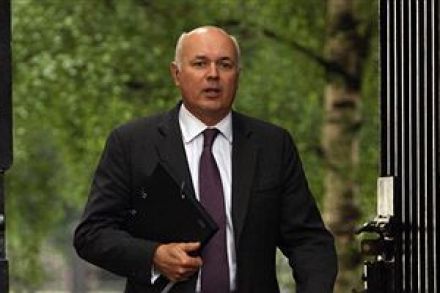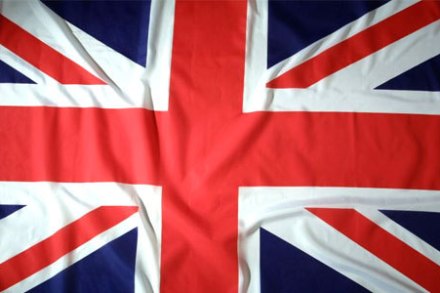Another difference of opinion on welfare?
For the briefest of moments, the welfare war seemed to have quietened down. But, this morning, a new front may have flared open. Answering questions from the work and pensions committee, Iain Duncan Smith has struck out against the figures for benefit cuts that emerged at the weekend. The Guardian’s Haroon Siddique reports: “During questioning by the work and pensions committee, Duncan Smith was at pains to play down newspaper reports that he and Osborne were at loggerheads with each other. But when asked by committee chair Anne Begg about a variety of figures that had been ‘bandied about’ including the £11bn savings set out in the June budget and




















